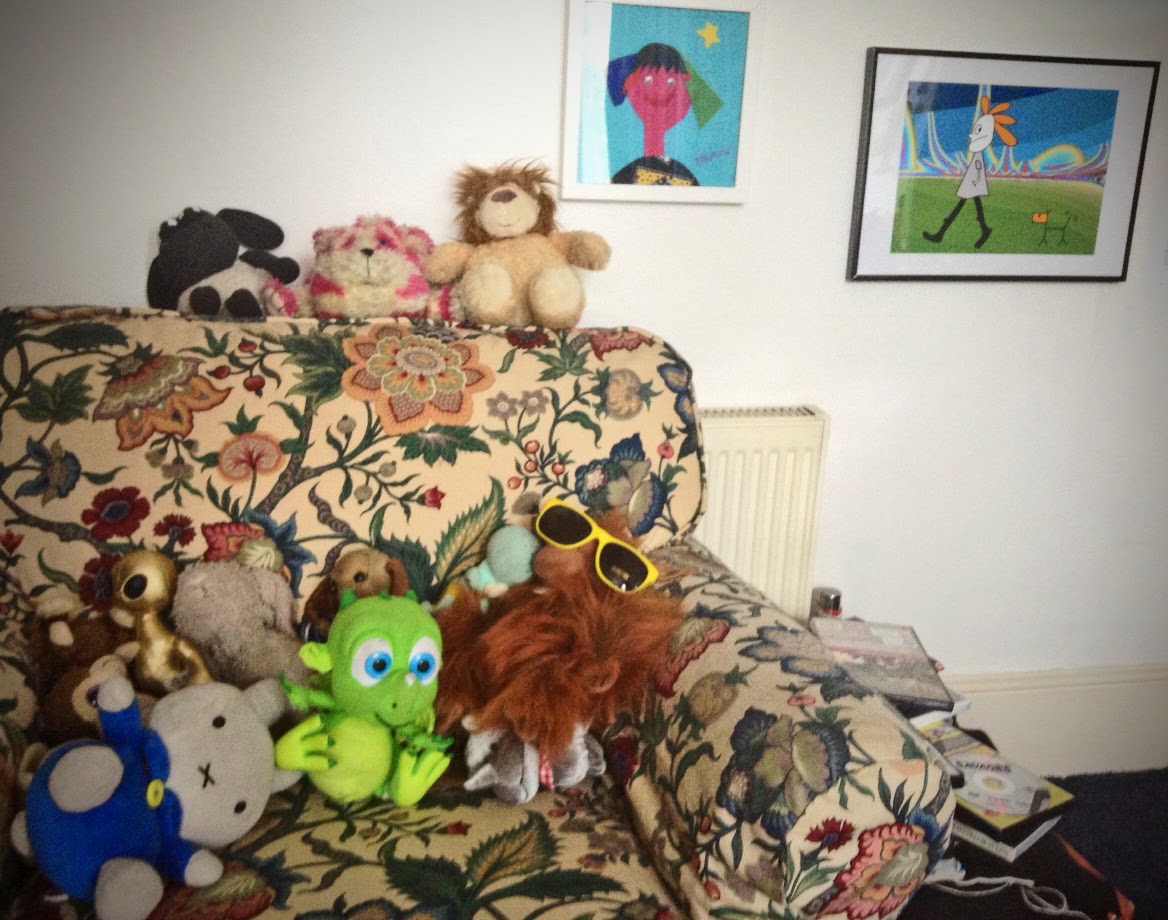You are here. Your senses tell you so with certainty. You can touch the surfaces and taste that scrambled egg you just cooked. You sit in the hot-tub wondering if a big black bear is going to climb over the fence. You hear the fountain trickle. You are here. But not in a permanent, historic sense. No time continuum has brought you here, a job or family in Tahoe, a cabin for sale. No, you are here, but only in the moment. Now. You are here NOW. But if now is all that ever exists, then, if you really, really, relaxed into this immense feeling of belonging, you would perhaps find the KEY that shifts you into a different continuum, the one with the past and the future you always wanted. In this expanded windy morning, out in the desert, in a later now, you try to imagine what kind of act of rebellion or enlightenment would have brought you to live here, in that other life, of which you are only living, intensely, the now. Later still, you look in the mirror, the same mirror you looked into last year, and the year before. You have more wrinkles, you are skinnier, fatter, fitter, less fit than before. You discover that now, as you are not protected by your continuum. You are naked. You also find that you are not as flexible, nice and funny as you thought you were. Divided as you are between fear and bliss.
As you travel, you morph into a new person, you shed some resentment and grow jewellery, new t-shirts and hats, sunglasses and a tan. All of these things, you think, will keep me here. Time is slow at first, and during the walks on the beach with your travelling companion, the now and the future of here seem so permanent, so exciting, so infinite. And your past, really, doesn't feel that real. It's a remote blue planet seen from space, round and simple, easy to conquer. Your life seems easy to conquer. As the journey progresses and time suddenly accelerates into shorter and shorter nows, the walks and talks on the beach change intensity, not so much about future adventures, but on ways to bring back all of this, to pack this light, this sun, the funny dogs that lick your knees, the chollas, the desert, the swimming pools, how to pack all of this in your 23kg suitcase. And, in the safety of distance, you approach conversations based on change, on solving, on climbing mountains, conquering the universe. But the very last night, while emptying bins full of your discarded bottles, hiding in the shelves the books you thought you might want to read and now are not so sure. While you pack all your knick-knacks, bits of stones and driftwood, the pain of separation becomes overwhelming, the light seems to dim, and you find yourself walking with your partner on a dark beach, staring at the stars, and feeling that you are now torn even from him. Because you've failed. You failed to find the KEY.
Silence on the plane. You try to sleep but your eyes are full of images going faster and faster. And then. Then you are here. For real. Although, it doesn't seem real at all. The key fits the lock. You slip back into your continuum. But it doesn't feel right, at all. You sit on what you rationally know is your couch, and think, I can't cope. I WILL NEVER COPE AGAIN. You open the suitcase, pull out all your knick-knacks and new t-shirts and put them on the floor. They are all dead. You take your socks off, and there is sand between your feet. You look at your partner, shyly, "We are still there, aren't we?". We are still there, where we belong. In a life without continuum and just an expanded intense magical now. You realise that all the stuff you put in your suitcase, the sun, the rented car, the museum tickets, has lost its fizz, like imported champagne. You are here, again, naked.
Too much sleep or not enough sleep, images flitting, tan fading, bills paying, going for local walks, slowly, some of your cachinas end up on the TV shelf, some new recipes sneak into your cooking routine, and a sense of achievement, peace and expansion slowly takes over. We were there, you say. We were there, together.



























